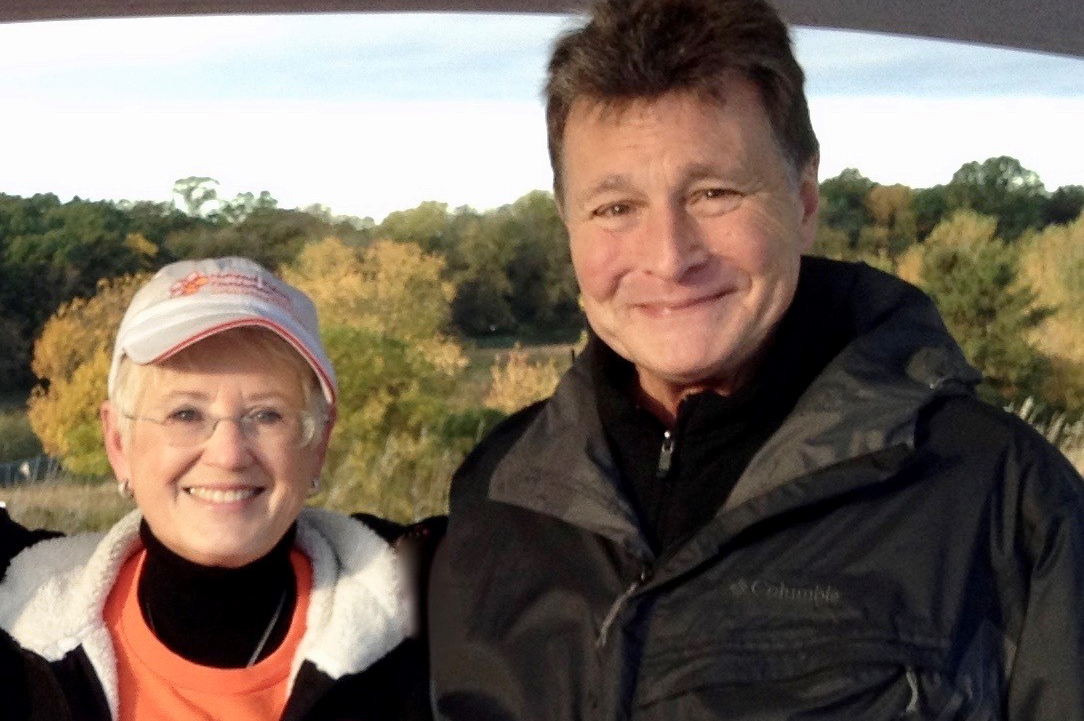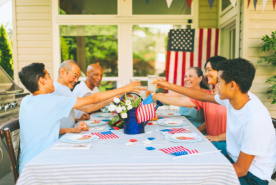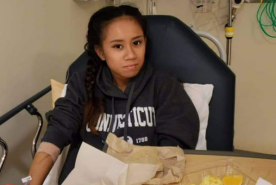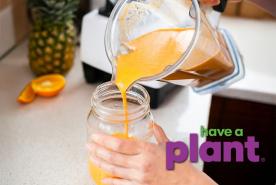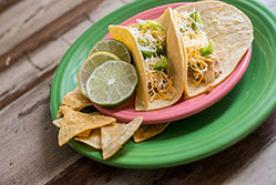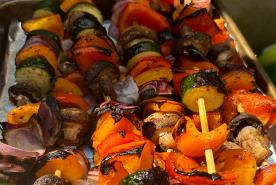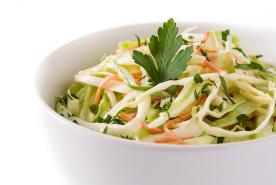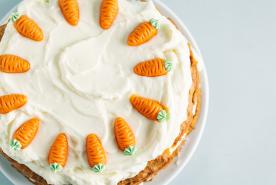Kidney groups Diet and nutrition Care partners Diet and meal planning Vitamins, nutrients, minerals, and supplements Care partners of adults DASH diet Sodium
April 13, 2017
By Bonnie Bemis
care·giv·er
ˈkerˌɡivər/
noun
NORTH AMERICAN 1. a family member or paid helper who regularly looks after (or cares for) a child or a sick, elderly, or disabled person.
A second, and more personal definition, for me: a spouse who regularly looks after a person with CKD or transplant recipient.
When my husband, Jim, was diagnosed with Stage 3 CKD several years ago, it kind of turned our world upside down. Jim had struggled with hypertension and as the result of two back surgeries, had grown accustomed to taking Advil quite liberally. He was told that those two factors had contributed to his declining kidney health. We quickly put together a plan to try to at least slow the progression of his kidney’s decline.
I informed myself of all the details of the DASH diet-which had been recommended by Jim’s nephrologist. Dietary Approaches to Stop Hypertension is an eating plan designed to lower blood pressure. We measured out the sodium allotment for the day, and I knew I could use 900 mg for our evening meal. We removed all processed food from the “snack shelf” and committed to a new way of eating. I was responsible for menu planning and grocery shopping, and I felt empowered that my contribution might make a difference.
As Jim’s disease progressed, I was constantly defining and redefining my role as caregiver. The meal prep role was simple compared to the days, weeks, months following Jim’s kidney transplant in 2008.
The avalanche of information pre-and post-transplant was overwhelming. I became a second set of eyes and ears for Jim as we adjusted to a life centered around labs and pharmaceuticals. Slowly my role as caregiver took on a confounding duality: I was at once cheerleader and nag. Again, my role as menu planner and meal prep was simple compared to the challenge of weighing when to speak up when observing Jim being noncompliant and when to dismiss something as inconsequential.
Never was that more evident than in our yard! We both loved yardwork-enjoyed every aspect of maintaining a beautifully landscaped outdoor space. Jim was to use a mask when working in the yard, and sometimes, sans mask, he would absentmindedly just start picking up twigs, dead heading a few perennials, etc. A bout of Aspergillus brought Jim’s activity in the yard to a screeching halt, and I was saddened by my role as caregiver turned yard police. Nag/cheerleader.
A move to a townhouse has eliminated the need for either of us to actively work in the yard. I was happy to take off my yard police hat.
The pharmaceuticals are no longer a challenge-it is just routine now. I got to be cheerleader as Jim committed to clocking the miles from New York to LA last year.
We haven’t relaxed our guidelines regarding sodium, but over time it becomes routine to check sodium in recipes. I’ve learned to prepare crockpot meals without the ever-popular cream of mushroom soup! Eating out is no longer a land mine of bad choices. It has been almost 15 years since that diagnosis of stage 3, and through all the ups and downs of CKD and transplantation there has been an immense learning curve. I’m grateful to be on the downhill slide of the curve.
My role as caregiver continues as I constantly try to education friends why it is important to decline an invitation to our home if they or their children are ill. So many people have suggested that Jim just needs to build up his immune system so he wouldn’t worry so much about getting sick. I love the opportunity to educate them on what it means to be immune-suppressed, why we feel so protective of the kidney our son donated and why I am such an advocate for National Kidney Foundation.
